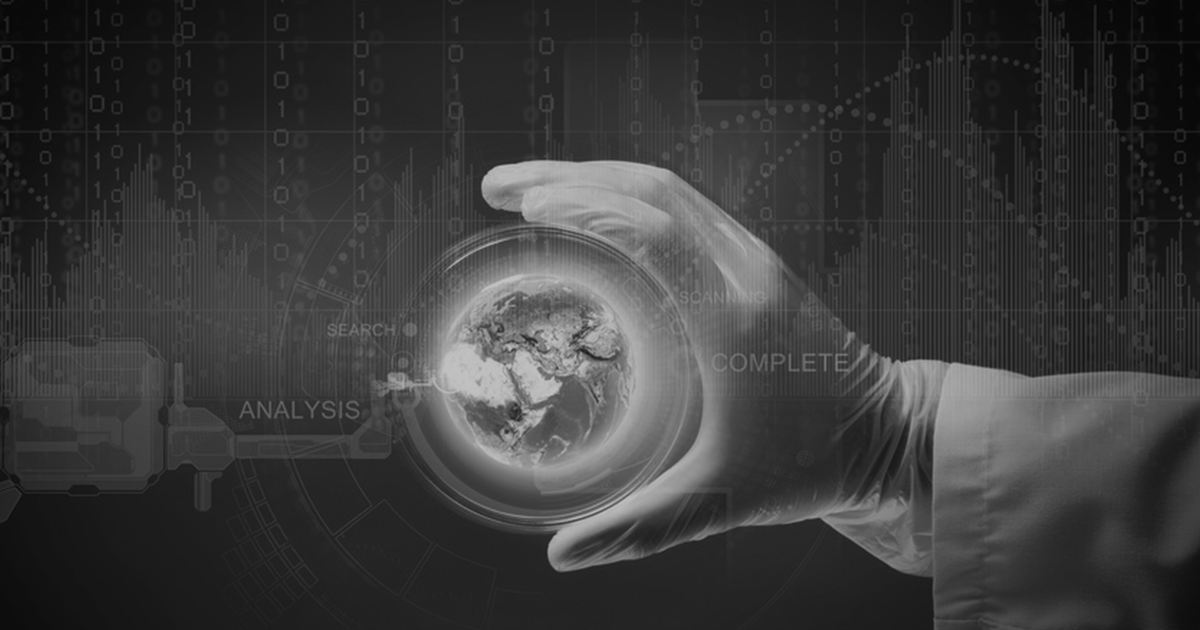Health crisis, state of emergency: what safeguards are there for our fundamental freedoms?
04 June 2020
While the potential it provides, even amid a major crisis, is indisputable, the risks of infringements on our fundamental freedoms are even more evident.
Without giving in to a simplistic but unrealistic ad hoc techno-solutionism, it would seem appropriate to observe the current situation by looking back forty years into the past, at a time when there was no internet or digital technology at our sides to soften the shock and provide a rapid global response.
- Claire Levallois-Barth, Lecturer in Law at Télécom Paris, Coordinator of the VP-IP Chair (Personal Information Values and Policies)
- Maryline Laurent, Computer Science Professor at Télécom SudParis and Co-Founder of the VP-IP Chair
- Ivan Meseguer, European Affairs, Institut Mines-Télécom, Co-Founder of the VP-IP Chair
- Patrick Waelbroeck, Professor of Industrial Economics and Econometrics at Télécom Paris, Co-Founder of the VP-IP Chair
- Valérie Charolles, Philosophy Researcher at Institut Mines-Télécom Business School, member of the VP-IP Chair, Associate Researcher at the Interdisciplinary Institute of Contemporary Anthropology (EHESS/CNRS)